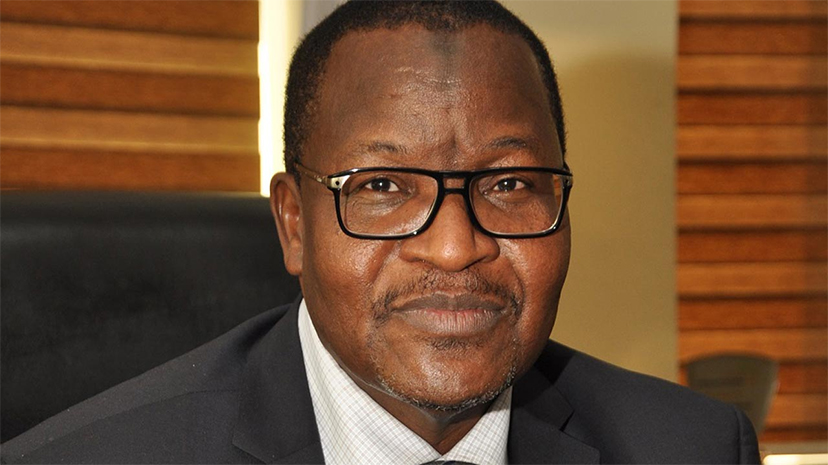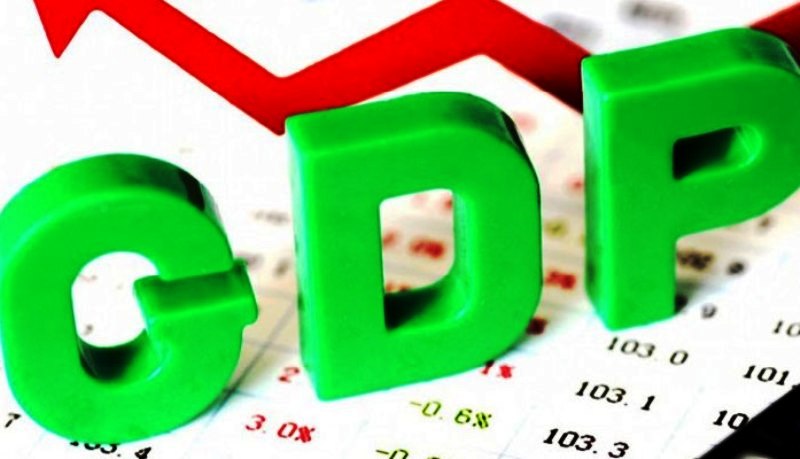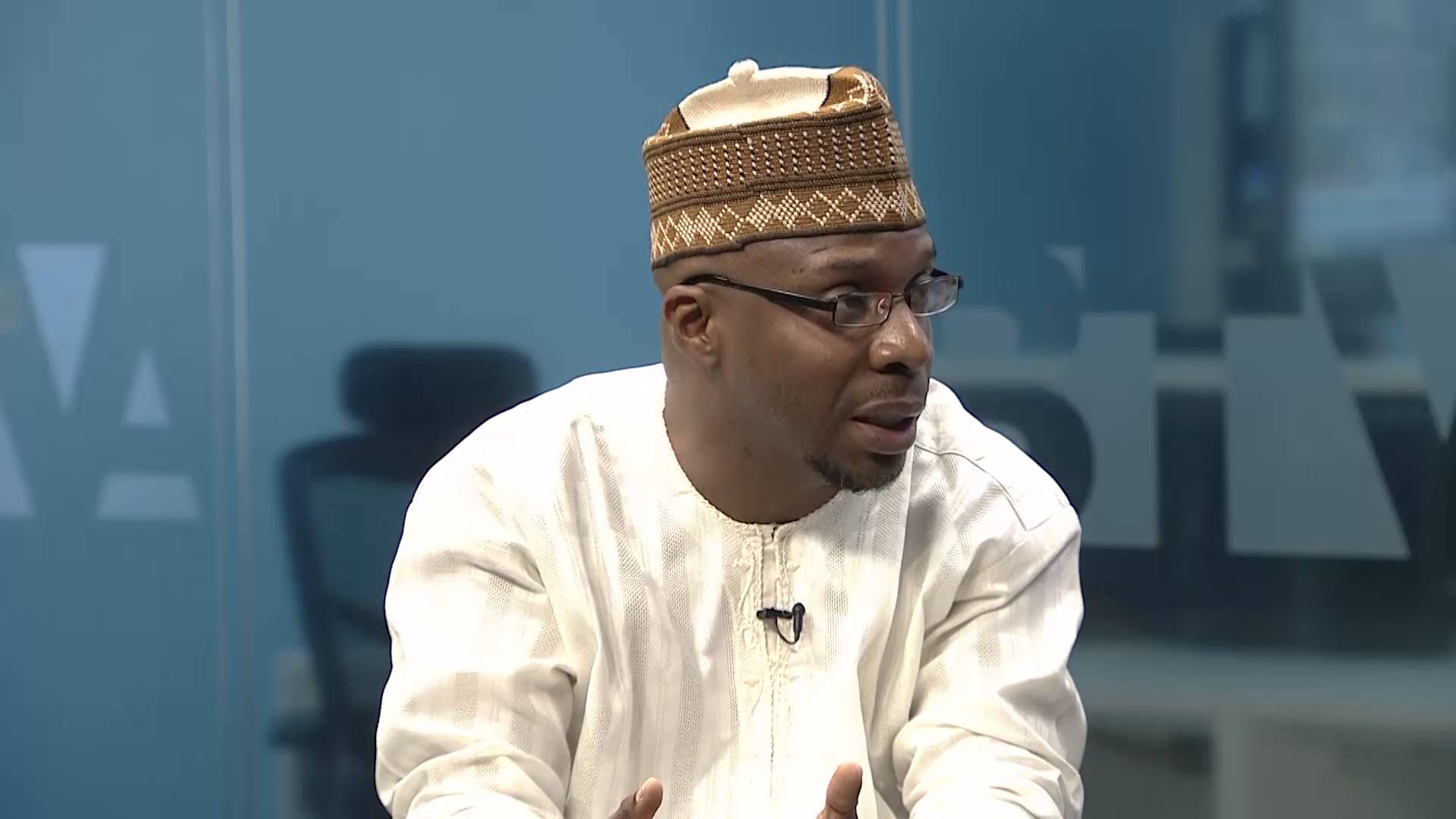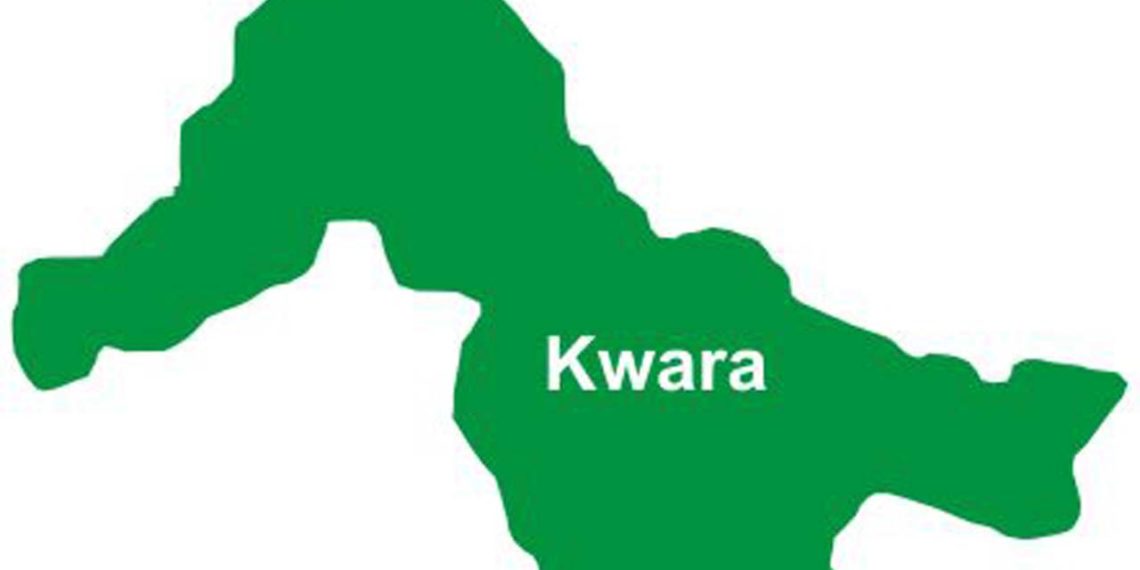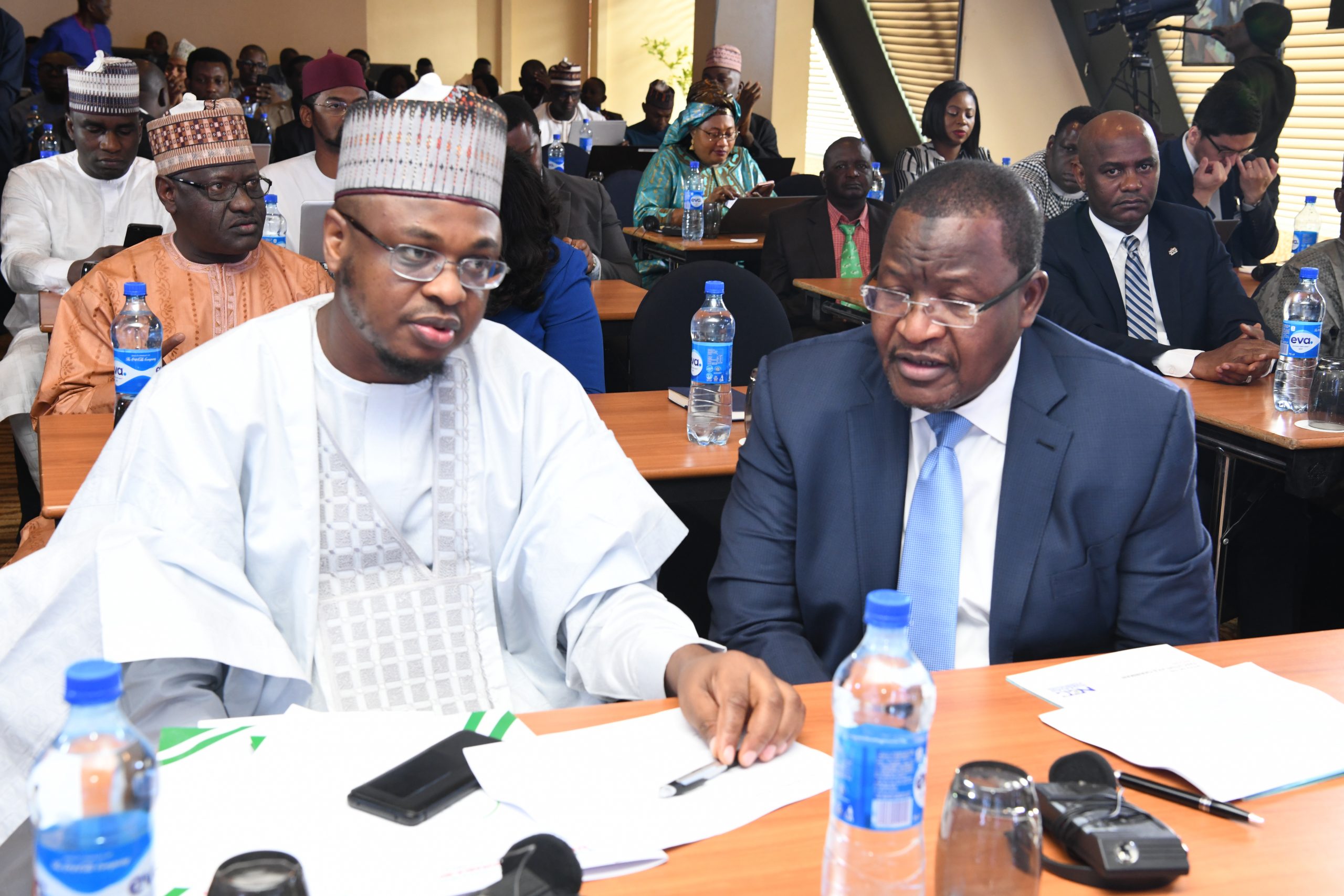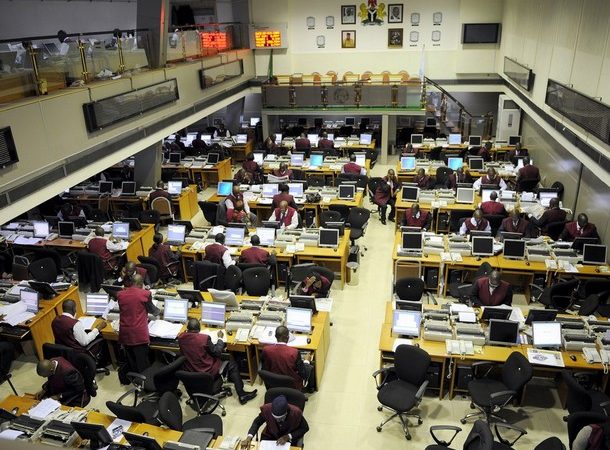The telecommunication sector contribution to the Gross Domestic Product (GDP) has risen from 8.5 percent in 2015 to 14.3 percent as at September 2020, amounting to N2.272 trillion.
Executive Vice Chairman of the Nigeria Communications Commission (NCC) Umar Garba Danbatta disclosed this when members of the House of Representatives Committee on Telecommunication visited the Commission on an oversight.
He also disclosed investments in the sector have risen from $38 billion in 2015 to over $70 billion.
He told the lawmakers that the commission paid over N344 billion into the Consolidated Revenue Fund of the federation within the period under review, an average of N70 billion annually.
He put the figure of active telecom subscribers in the country at about 205.25 million with a tele density of 107 percent as at the end of September 2020.
He explained even though the population stands at about 200 million, it was possible to have such a figure of active subscribers because “while some people have one active line, others have two or three active lines”.
He told the lawmakers: “We generated these monies from Spectrum fees, operating surplus and we have also embarked on spectrum option. We have conducted one of the most successful spectrum options as well expanding the spectrum to optimize the system.
“We have participated actively with results in the promotion of financial inclusivity of the federal government. All our mobile network operators and licensees participated in the provision of money mobile services to the extent that today, it is unthinkable for the banking sector to function or flourish in the way it is doing without leveraging on the telecommunication sector.
“Indeed, we are seeking support of this committee to participate and attain the target of the federal government of 80 percent financial inclusion by 2023.”
Chairman of the House Committee on Telecommunication Akeem Adeyemi said the oversight was aimed at ensuring that the commission was working in line with the provisions of the constitution in the implementation of government programmes of policies.
He said: “We choose oversight to hold government accountable and ensure their actions are legitimate. The oversights are targeted at assisting President Muhammadu Buhari in his quest to lift millions of Nigerians out poverty, a determination which we understand the NCC will play a pivotal role. The committee will fact check every subhead in the budget of agencies under the committee.”
